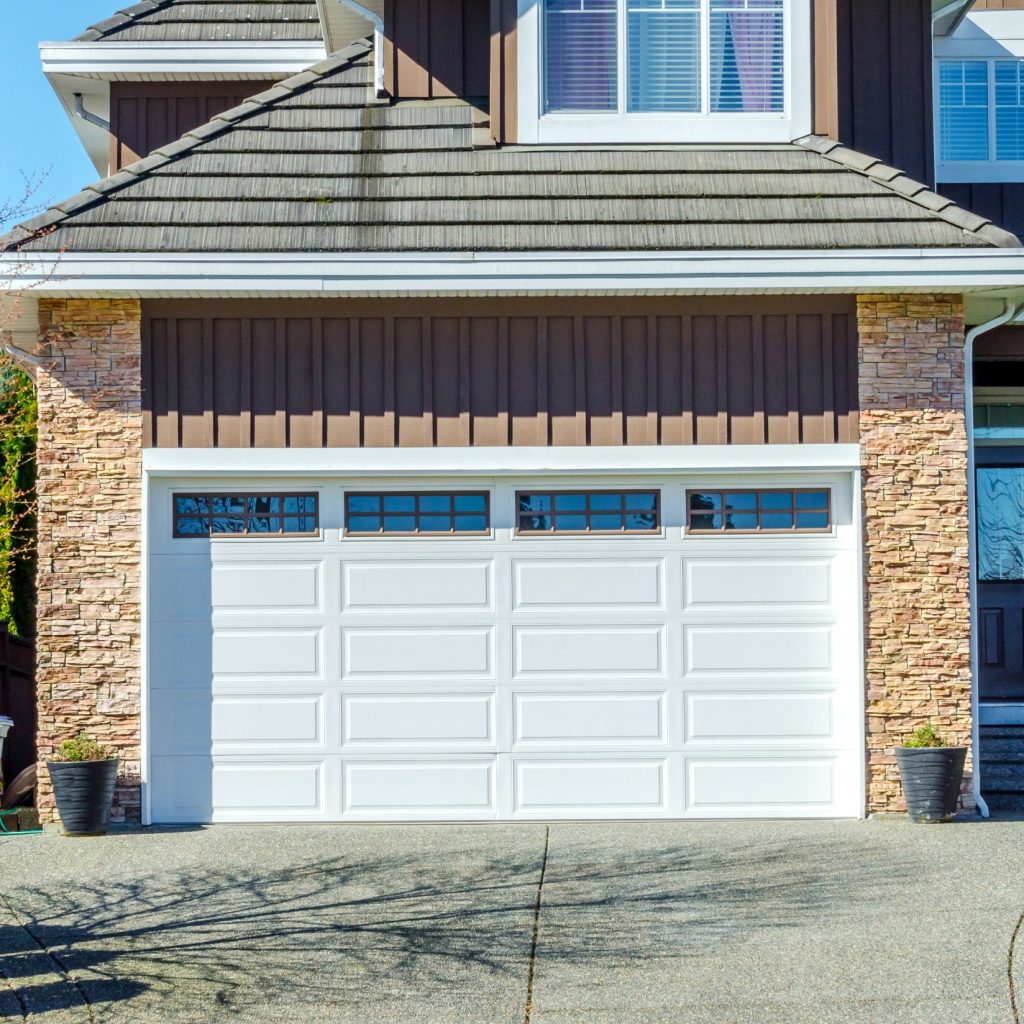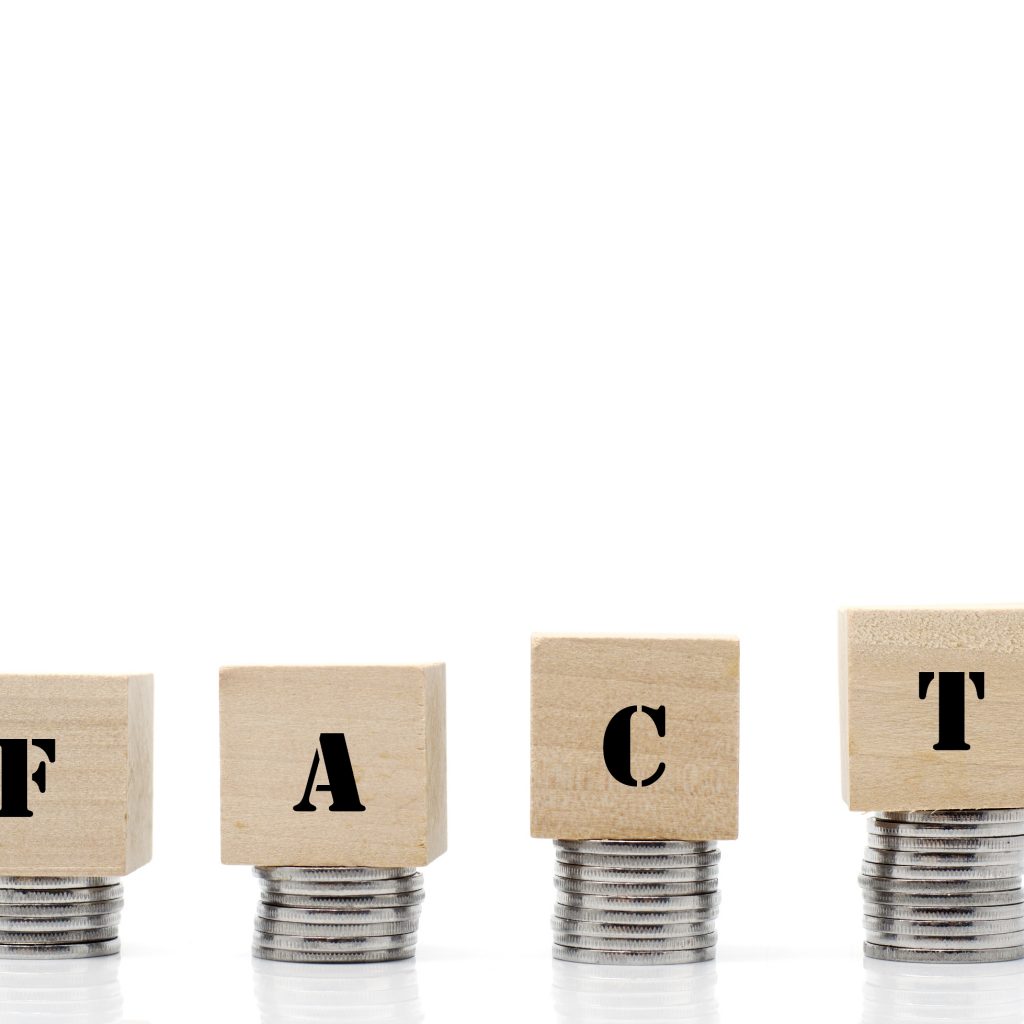
Question: Ready to buy a house? – “Of course, I am!” – Did you just say that with absolute conviction? If you’re getting ready to buy a house, for real, like every sane homebuyer and you are here to up your game in the real estate biz, then let us give you a complete list for making sure you’re making the right purchase:
Getting Ready to Buy a House Checklist & Tips
1. Calculate What You Can Afford
A beautiful house? Recently built? At a prime location? Those may well be your wishes, but think about it with a practical approach. Can you afford it with your current income? According to Zillow estimates, homebuyers spend nearly 15-20% of their income on average for mortgage payments of a typical house unit.
With so many calculators available, get a grip on the debts, income, and expenses that will influence what you are able to afford. Try playing house before you make a bid and sign the papers. Take the hint if you don’t feel financially comfortable around it. That being said, buy a house you really like.
2. Listen to What Your Credit Has to Say
Doesn’t matter if you are a first-timer or an experienced homebuyer; if you are like the most of us, you’d be getting your mortgage out to buy the house.
In getting mortgage ready, what’s advised is that you take the free copy of your credit report, peruse it, and get it cleaned in the few months before you intend to go house hunting. This gives you enough time to fix erroneous reports and to improve your scores.
While FHA-insured loans are an alternative if you don’t have those perfect 3 figures, the old rule’s still strong when it comes to credit requirements: you’ll pay less if your credit score is higher, more than 680 that is.
3. Small Down Payment or a Bigger One
VA loans that require no down payment are an exception in this case. But if you’re opting for an FHA loan, a good score (> 580) will require as little as 3.5% down payment to secure your property. The thing with paying a larger down payment is it leaves with a small mortgage amount due. It also gives you a greater choice as far as lenders are concerned; some of them don’t finance until and unless you’re paying around 5-10% as down payment.
Before you hasten to do so however, consider whether it benefits your cause or not. Tapping into the emergency or retirement funds for this might not seem to be such a good idea after all, when you still end up with unexpected repairs and zero balance to support them with.
(READ: Is Going to an Open House of Value?)
4. Plan on Staying Put
In getting ready to buy a home, it’s also important to stay put, and this a no-brainer, really. To know whether you are ready to buy your home or not.
Think you can stay in the same place year after year for some time? Because if you can’t or don’t, you’d end up losing more money with every transaction you make to buy and eventually sell quickly. And if it couldn’t get worse, some people who practice this will have a greater misfortune if the market prices are falling.
If you don’t have a 10-year plan at hand and would still want to push forward with a deal, it’s best to buy a home with a price lower than what you can easily afford.
Now having read this, do you still think you are ready to buy a house?


